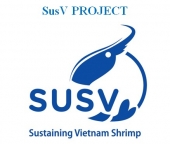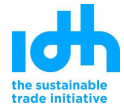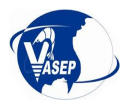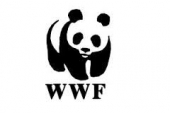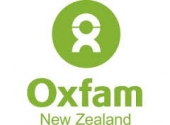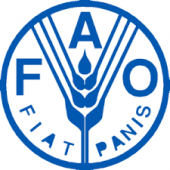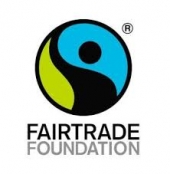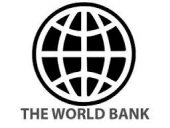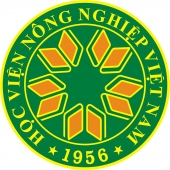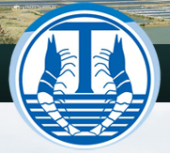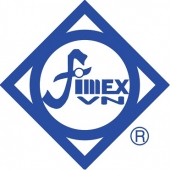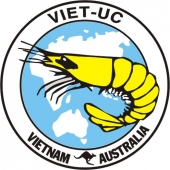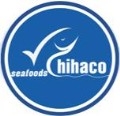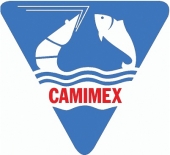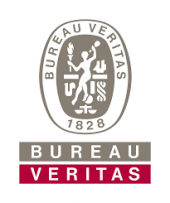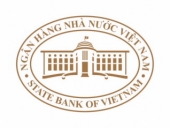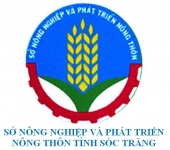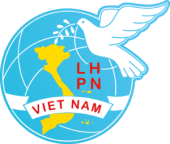Thailand’s failure to adopt adequate measures against slave labour and illegal fishing could prevent imports to EU market, says fisheries committee member
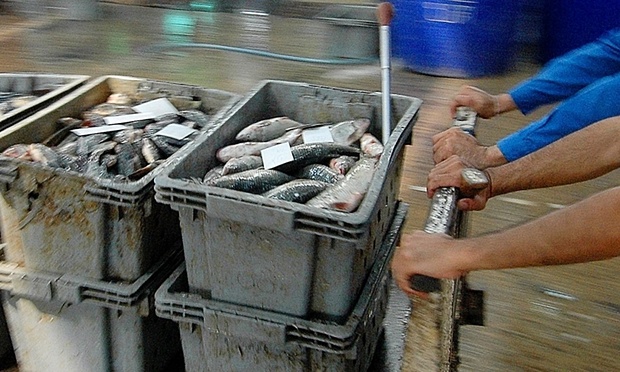
Thai fishmongers at work in Bangkok. Exports to the EU could be hit if Thailand fails to curb illegal fishing and slave labour, a member of the European parliament’s fisheries committee has warned. Photograph: Udo Weitz/EPA
A prominent lawmaker from the European parliament’s committee on fisheriessays he would support giving a “red card” to Thailand, banning the import of Thai fisheries products if the country fails to curb illegal fishing and abandon the use of slave labour.
Gabriel Mato, a Spanish member of the European People’s Party, said that under the EU’s illegal, unreported and unregulated fishing (IUU)regulation, authorities in the member states could refuse imports of fish products from countries identified by the EU as failing to cooperate in the fight against illegal fishing.
Thailand was issued a “yellow card” in April, due to its inadequate legal framework for fighting unlawful fishing and poor monitoring, control and traceability systems. In October, the commission could waive the yellow card, maintain it, or issue a red card, effectively banning imports of fisheries products from Thailand to the EU market.
In recent weeks, testimony from survivors, human rights groups and in the presshas exposed appalling practices in Thailand’s export-oriented seafood business. These include slave labour, and the exploitation of thousands of stateless Rohingya boat people.
Hailing from Burma, Rohingya Muslims are subject to intense discrimination. They are leaving the country in growing numbers and heading for Thailand, which has a large Islamic community, as well as Malaysia, which is predominantly Muslim.
“I fully support EU action undertaken up to now in this context, and I will support a red card, if the situation does not improve,” said Mato, who has served as rapporteur on the EU-Thailand free trade agreement.
“Apparently, it is not only a question of slave migrant labour in Thailand’s fisheries sector, which, by itself, could be enough to grant a yellow card to a country,” said Mato, who pointed to many cases of Thai vessels being seized by neighbouring coastal states, with their captains accused of fishing illegally.
Red cards work, Mato said, adding that a similar situation with the Philippines led the country to improve its fisheries governance.
Last month, the European parliament submitted a question for written answer by the commission, requesting that IUU fishing and labour slavery become a priority in diplomatic and trade relations with Thailand.
A commission source said that when the EU executive issued the yellow card, it reproached Thailand for the following:
- Weak fisheries legal framework. Following the last EU mission in 2014, Thailand rapidly adopted a revised fisheries act to replace the 1947 act, but the fresh text was inadequate in both content and scope and did not address the complexities of fisheries and processing industries in Thailand.
- The legal framework does not target serious infringements with deterrent sanctions depriving offenders of the economic benefits derived from the illicit activity and, therefore, it does not dissuade IUU fishing.
- Monitoring, control and surveillance systems are poor. Satellite vessel monitoring systems are equipped on less than 100 out of 45,000 fishing vessels, including more than 7,000 commercial vessels, and thousands of vessels are thought to remain unregistered.
- Traceability systems are failing to ensure fishery products exported to the EU are compliant with the requirements of IUU regulation. This is in part due to the weak cooperation between the different Thai administrations dealing with control at ports.
The Thai defence minister Prawit Wongsuwan said last Friday the EU had sent a letter explaining that Bangkok’s actions were still not correct, both in terms of administration and legislation. He recognised that 3,000 fishing boats nationwide were still unregistered.
The commission source confirmed that dialogue with the Thai authorities remains ongoing. EurActiv was told, however, that the “card” system was treated like the infringement procedures, meaning the EU executive would not comment on the exchange of information until a decision was taken.
Human rights issues are also on the EU’s radar, said Maja Kocijancic, spokesperson to the EU foreign affairs chief Federica Mogherini.
“Labour issues in the Thai fishing sector already are and will remain a priority matter in relations with Thailand,” she said
“The authorities have taken some concrete steps to address the issue of forced labour, for example, the recent arrests of two suspected brokers of forced labour for fishing vessels. The situation, however, calls for additional measures and efforts to combat human trafficking,” Kocijancic said.
In addition, Mogherini’s spokesperson explained that the commission and theEuropean External Action Service were working to assist Thailand to deal with key labour shortcomings in the fishing sector, particularly in relation to child labour and forced labour.
Working conditions, especially for migrant workers, are also addressed.

